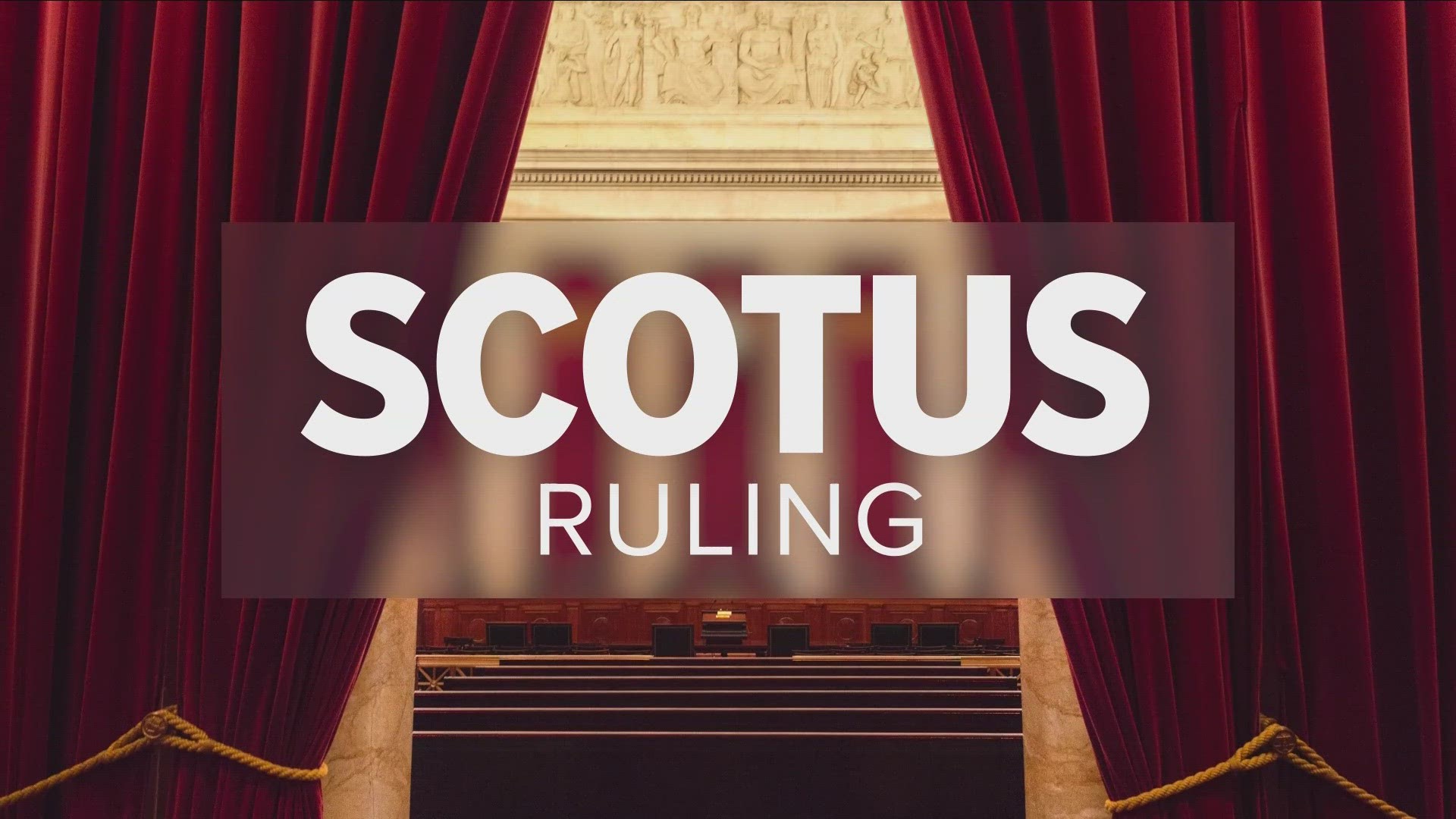The U.S. Supreme Court's decision in the case of 303 Creative vs. Elenis raises questions about protections for people who have faced discrimination in the past. The Court ruled 6 to 3 in favor of Lorie Smith, a Christian web designer who sought the power to deny her services to same-sex couples.
“I’ve been waiting for this moment for 7 years," Smith said. "Wedding seasons have come and gone in those 7 years, and I am looking forward to creating content consistent with what I believe and what my faith teaches me about marriage."
Smith sued her home state of Colorado in 2016 after it denied her request to serve only opposite-sex couples. The state said her request violated Colorado law barring discrimination based on sexual orientation, race, and gender. Smith claimed that the refusal was a violation of her First Amendment right to free speech and religious beliefs.
The conservative majority on the court ruled that Colorado could not force Smith to endorse a message she did not believe in. "So yes, I am excited about taking this next step. No one should be forced to say something they don’t agree with," Smith said.
But, that decision has sparked concern nationwide that businesses may deny service to people.
The Court's decision specifically allows businesses that provide creative services to reject a project that defies their religious beliefs. But Justice Sonia Sotomayor, who wrote the dissenting opinion, said the ruling opens the door for future discrimination.
"Although the consequences of today’s decision might be most pressing for the LGBTQ community, the decision’s logic cannot be limited to discrimination on the basis of sexual orientation or gender identity."
She referred to previous cases now in jeopardy, like the 1967 civil rights case Loving vs. Virginia, which made interracial marriage legal. "The decision threatens to balkanize the market and to allow the exclusion of other groups from many services. A website designer could equally refuse to create a wedding website for an interracial couple, for example. How quickly we forget that opposition to interracial marriage was often because “‘Almighty God . . . did not intend for the races to mix.’”
Legal experts agree that this decision could make antidiscrimination laws vulnerable to reinterpretation by the Supreme Court. They believe the results of this case could be used as backing for future incidents of racism, sexism, homophobia, and more.
'being weaponized to undermine equality'
“There is a concern that this signals a change in terms of the protections that states have put in place, shifting back to working away from them," said Tiveron Law Managing Partner Diana Tiveron. "If you could do that in this circumstance, I find it hard to argue why you couldn’t do it in others.”
"I think this decision is one more way in which the legal system and our courts, which are there ostensibly to uphold equality under the law, are increasingly and with increasing success being weaponized to undermine equality," says University at Buffalo law professor Michael Boucai.
Camilla Taylor, the Litigation Director of Lambda Legal, which specializes in LGBTQ-plus lawsuits says, "The vast majority of commercial businesses will not be touched by this decision. That doesn’t make it any less insulting."
She agrees with Justice Sotomayor that the ruling could lead to an increase in discrimination. "And it’s interesting that the Supreme Court has chosen to attack civil rights for everyone in their decision, not just LGBTQ+ people," Taylor said.

